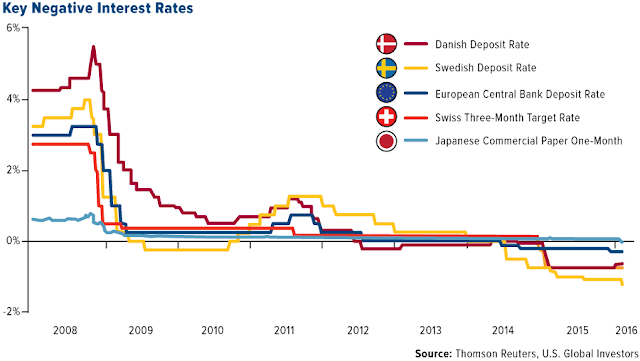The Great Barrier Reef in Danger
4/22/2016
biodiversity
,
climate change
,
corals
,
crisis
,
El Niño
,
Great Barrier Reef
,
marine life
0 Comments
4/22/2016 biodiversity , climate change , corals , crisis , El Niño , Great Barrier Reef , marine life 0 Comments
 |
Satellite image of the Great Barrier Reef. Photo Credit: NASA | Wikimedia Commons |
Two weeks ago I wrote about the mass bleaching event that had struck the Great Barrier Reef due to extra warm ocean waters. Now the aerial and underwater survey results are in and it makes for some very sad reading. Only 7% of the reef remains unaffected, in other words, 93% of the reef has suffered damage from the bleaching event.
 |
| Map of the Great Barrier Reef showing results of aerial surveys for 911 reefs. |
Britain Realises Limits 40 Years Too Late
4/20/2016
climate change
,
collapse
,
deflation
,
economic growth
,
global
,
limits
,
natural resources
,
resilience
0 Comments
4/20/2016 climate change , collapse , deflation , economic growth , global , limits , natural resources , resilience 0 Comments
We don't need more reports
40 years of inaction
Rare Earth
4/16/2016
climate change
,
documentary
,
limits
0 Comments
4/16/2016 climate change , documentary , limits 0 Comments
Early Greenland Melt
4/15/2016
Arctic
,
climate change
,
Greenland
,
Northern Hemisphere
,
sea-level rise
0 Comments
4/15/2016 Arctic , climate change , Greenland , Northern Hemisphere , sea-level rise 0 Comments
 |
| Greenland melt pond. Credit: Michael Studinger, NASA GSFC, 2008 |
Hot in the North
| Maps showing areas where melting took place on the 10-11th April. Graph shows standard deviation - percentage of total area where melting occurred. Source: DMI, 2016 |
Who dominates the Baltic Sea?
4/13/2016
Baltic Sea
,
NATO
,
Russia
0 Comments
4/13/2016 Baltic Sea , NATO , Russia 0 Comments
Clashing powers with no common sense
Geopolitical mess in Central Asia
4/13/2016
conflict
,
Europe
,
geopolitics
,
Middle East
,
Russia
0 Comments
4/13/2016 conflict , Europe , geopolitics , Middle East , Russia 0 Comments
Historically low groundwater levels in southeast Sweden
4/07/2016
climate change
,
Sweden
,
water
0 Comments
4/07/2016 climate change , Sweden , water 0 Comments
 |
| Photo: Liselotte Tunemar, SGU |
A dry spring in the southeast
| Groundwater levels above normal in blue and way below normal in red. Source: SGU (2016) |
 |
| Source: SMHI |
8 key trends Spring 2016
4/06/2016
biodiversity
,
climate change
,
conflict
,
corruption
,
crisis
,
debt
,
election
,
refugees
0 Comments
4/06/2016 biodiversity , climate change , conflict , corruption , crisis , debt , election , refugees 0 Comments
 |
| Coastal permafrost collapsing. Source: USGS Alaska Science Center |
 |
| Source: Steve Keen, FORBES |
 |
| Source: Coral Reef Watch, NOAA |
.png)













0 kommentarer: